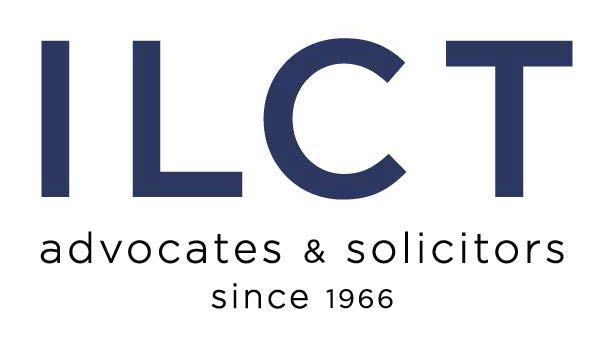Thailand Immigration Rules during COVID-19
Extension for Thai Permanent Residency, Visa-on-Arrival, Long-term Visa and Temporary Border Pass during COVID-19 State of Emergency
Due to the enactment of “Emergency Decree on Public Administration in Emergency Situation B.E. 2548 (2005) (“EPAES”) which took effect from March 26, 2020. Travel restrictions were implemented to control the spread of COVID-19.
The previous announcement issued on April 7, 2020 stated that Thai permanent residency (“PR”), visa-on-arrival (“VOA”), long-term visa and Temporary Border Pass (“TBP”) holders were allowed a grace-period of stay until the end of April 2020. However, due to the ongoing crisis, a new notification from the Ministry of Interior Re: Permission issued on April 21, 2020 had furthered extended the previous grace period.
This newsletter will cover the new extension and exemption regulations for Thai permanent residency (“PR”), visa-on-arrival (“VOA”), long-term visa and Temporary Border Pass (“TBP”) holders.
Thai Permanent Residency (PR)
Under Thailand’s Immigration Act B.E. 2522 (1979), those who have been issued a PR permit (a blue book) can reside permanently in Thailand, with no need to apply for an extension of stay. If the holder wishes to leave the country, he/she must apply for a notification of leave that is valid for 1 year.
In the event that the holder cannot return to Thailand within the 1-year period (i.e. before the notification of leave expires), he/she is allowed an extension until COVID-19 pandemic has been resolved and the travel restrictions have been lifted. To this end, the holder must report to the immigration officer once he/she had returned to Thailand.
Visa-on-Arrival (VOA) & Long-term visa
Visitors with visa-on-arrival (VOA) and long-term visa may reside in Thailand until July 31, 2020. The Thai Immigration Bureau also waived the 90 days requirement to report his/her residential address to the immigration officer. There will be no additional fees or documents to be submitted to the Thai authority.
Temporary Border Pass (TBP)
Those who have been issued a TBP will be allowed to reside in Thailand until the Thai border has re-opened. Nonetheless, the TBP holder must leave Thailand within 7 days from the border reopening date, all overstay fees will be waived.
Entry Rules
Due to the enactment of the EPAES, special regulations were implemented for those that wishes to enter Thailand, the regulations are as follow.
1). Entry by Air Travel
Eligible for: Exempt individuals/professions, logistic providers, aircraft/transport personnel, diplomats, state officials, foreigners with working permit and Thai citizen.
- Contact Thai Ministry of Foreign Affairs or Thai Embassy before departure
- Prepare the following documents
- Medical certificate (fit-to-fly), valid for 72 hours from issuance
- Thai Embassy verification certificate
- Thai Ministry of Foreign Affairs verification certificate
- Temperature checks (under 37.3 °C)
- On arrival in Thailand, download and register “AOT Airport Application”
- Subject to mandatory 14 days state quarantine
2). Required Documents




